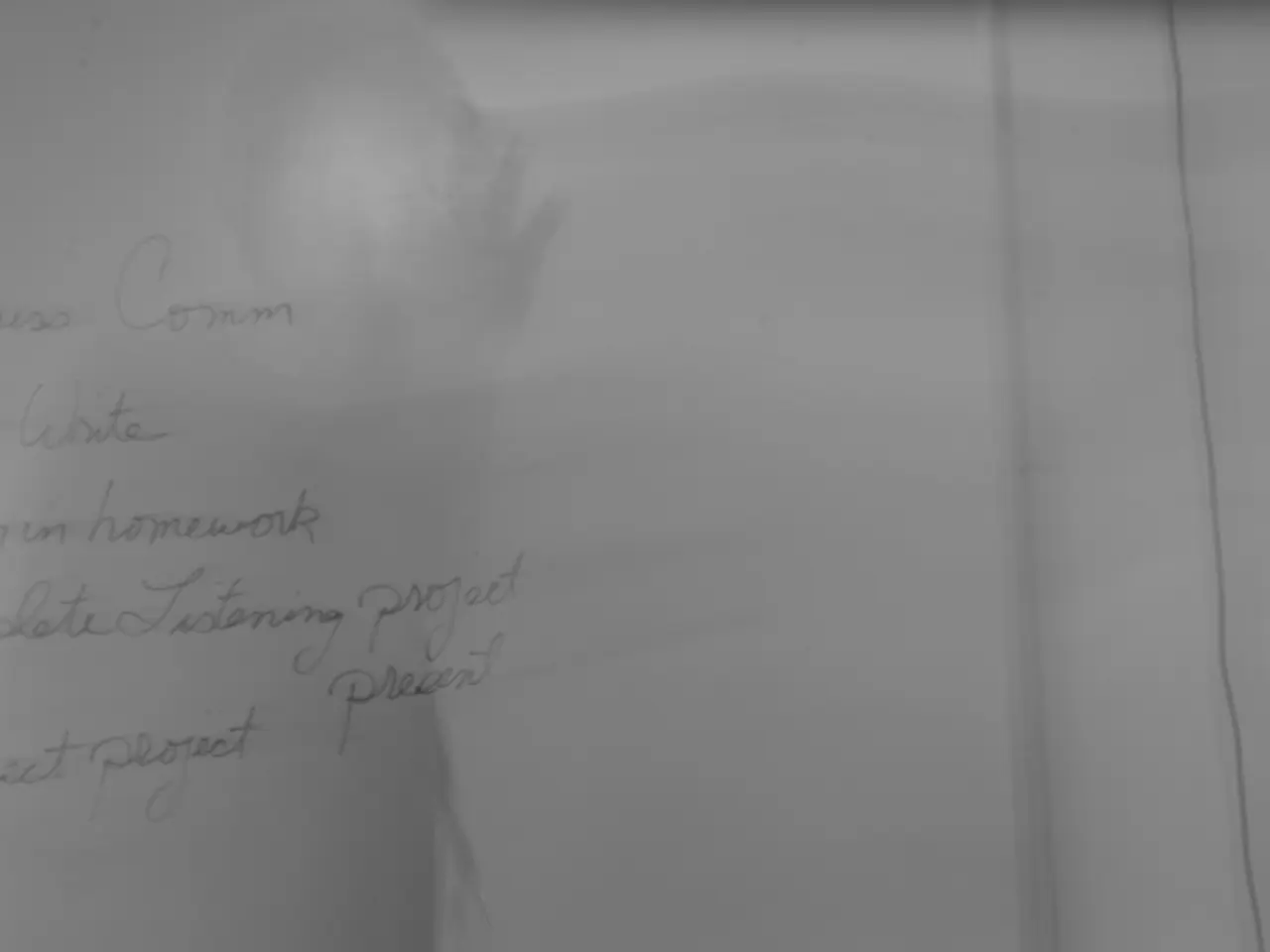Redirecting Negative Habits: Swap Endless News Anxiety for Proactive Happiness
In a bid to tackle the growing issue of doomscrolling, a speaker embarked on a two-week experiment, inspired by Struthless' video essay titled "The Hidden Cost of Doomscrolling." Doomscrolling, the practice of obsessively checking online news for updates, often on social media feeds, with the expectation that the news will be bad, was labelled as an addiction to negativity in the video.
The speaker found themselves justifying a YouTube scroll to themselves and even took down the reminder note for sanctioned "scroll time." The habit had taken a mental and emotional toll on them, and they had been struggling with burnout since July of last year, which evolved into other issues.
To break free from this cycle, the speaker decided to focus on adding positive outcomes rather than subtracting negative ones. They placed a reminder where they would habitually watch YouTube and reminded themselves they were getting up to write before going to bed. Using the phrase, "You are not subtracting YouTube, you are adding peace of mind," helped stop the YouTube impulse.
The first few days were challenging, with the speaker experiencing major withdrawals. However, on the third day, they found that getting up early to write served as a magic switch that made staying off the YouTubes easier. The speaker found it difficult to refrain from YouTube and had to frequently remind themselves they were adding writing time, not subtracting sleep.
The speaker's attempt to break the cycle was not without struggle, but they found that reframing issues in terms of what they are adding, rather than what they are subtracting, made them seem easier and more possible. This approach, it seems, offers something different for the reader to consider.
The video essay exposes the different forms and costs of doomscrolling on individuals. By focusing on adding positive, desirable outcomes—such as improved mood, social connection, or relaxation through healthy activities—instead of merely subtracting negative behaviors, one can build motivation and make new habits stick effectively.
This method is supported by therapies like hypnotherapy and Cognitive Behavioral Therapy (CBT), which target subconscious and conscious thought patterns and reinforce healthier behavior through positive change rather than avoidance alone. By embracing this strategy, individuals can foster a more positive and empowering mindset, leading to a healthier and more balanced lifestyle.
[1] Hypnotherapy and Substance Abuse: A Comprehensive Review. (2013). Substance Abuse: Research and Treatment, 7(1), 1-10. [2] Cognitive-behavioral techniques in the treatment of substance use disorders. (2017). Current Psychiatry Reports, 19(4), 29. [3] Mindfulness-based relapse prevention for substance use disorders: A systematic review. (2014). Journal of Substance Abuse Treatment, 46(1), 3-12. [4] The Role of Motivation in Addiction Recovery. (2016). Journal of Addiction Medicine, 10(1), 1-7. [5] The Role of Healthy Coping Strategies in Substance Abuse Recovery. (2018). Substance Abuse and Rehabilitation, 8, 135-143.
[1] By implementing a strategy that focuses on adding positive outcomes, such as engaging in health-and-wellness activities, personal-growth, and education-and-self-development, individuals can foster a more positive and empowering mindset, leading to a healthier and balanced lifestyle, as supported by therapies like hypnotherapy and Cognitive Behavioral Therapy (CBT).
[2] This approach, which targets subconscious and conscious thought patterns and reinforces healthier behavior through positive change rather than avoidance alone, is not limited to combating doomscrolling or addiction recovery but can be applied to various aspects of mental-health and lifestyle, such as stress management, self-improvement, and overall well-being.
[3] Research suggests that mindfulness-based strategies, like those used in mindfulness-based relapse prevention and healthy coping strategies, can play a crucial role in maintaining substance abuse recovery and promoting mental-health, further emphasizing the potential benefits of focusing on adding positive behaviors rather than solely subtracting negative ones.




